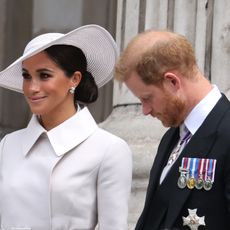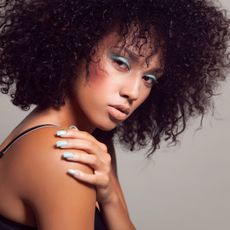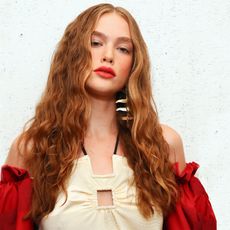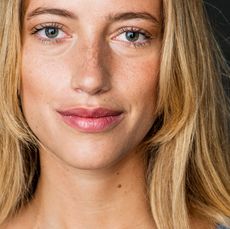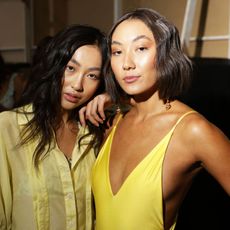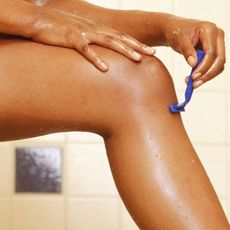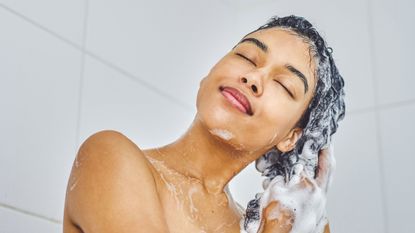

Celebrity news, beauty, fashion advice, and fascinating features, delivered straight to your inbox!
Thank you for signing up to . You will receive a verification email shortly.
There was a problem. Please refresh the page and try again.
If you know me, you know I'm a huge sucker for hair products, from leave-in conditioners to hair oils to curl-enhancing formulas. But in the midst of all these luxurious options and their propensity for hair growth, moisture, and other advantages, it's easy to forget about the bread and butter of haircare: Washing one's hair. And while we have a myriad of go-to shampoos and conditioners forever stocked in our bathrooms, sometimes we need something a little stronger to wash the build-up from products, sweat, and pollution from our strands. That's where clarifying shampoos come in.
"Clarifying shampoo is formulated to cleanse the hair and scalp of build up and impurities," explains Gretchen Friese, a certified BosleyMD trichologist. Trichologists, by the way, are medical experts that specialize in hair and scalp health. Friese adds, that clarifying shampoos are "often used by people who are infrequent washers, swimmers, have problems with oily hair, or simply want to refresh their scalp."
Celebrity hairstylist Cynthia Alvarez agrees, noting that clarifying shampoos are especially helpful for those who use a lot of styling products. "Clarifying shampoos use a unique formula that works like a magnet to attract dirt, dissolve it, and flush it away with water," she says. "[Clarifying shampoo] is specifically formulated to clear build up and remove any residue from styling products. It prevents bacterial build up on the scalp, creates volume, thoroughly removes build up, restores your hair’s PH, and prepares your hair for coloring services."
How Often to Use a Clarifying Shampoo
According to Dr. Friese, "Anyone with dry/damaged hair should use a clarifying shampoo before deep conditioning hair to remove buildup. It will help the conditioner penetrate better." She also says that if you merely notice build-up on your hair or scalp in general, it's a good time to break out the clarifying shampoo.
Alvarez agrees, adding that clarifying shampoo can also help revive dull highlights. She also says it's the right move "when you’ve been using a lot of dry shampoo, when your hair still has residue after washing your hair, [and] if you swim often."
And what does swimming have to do with your hair? Dr. Friese explains, "People who swim often may need to clarify their hair more often to prevent the greenish tinge hair can take on from the chlorine. The same goes for ocean swimmers. A clarifying shampoo can help remove salt build up on the hair."
For swimmers specifically, as well as those with oily scalps or who don't wash their hair often, Alzarez recommends using a clarifying shampoo regularly, though all people should limit their use of it to "at most, once a week." Dr. Friese agrees, advising that people who merely have oily hair use it "about every third wash to help remove oily build up on the scalp." For those who have naturally dry hair, meanwhile, Alvarez suggests only using it as needed.
Finding the Right Clarifying Shampoo
So you know what clarifying shampoo is, how to use it, and how often you should use it, and now you're combing through online search results, wondering what the best clarifying shampoo is for you. The search can be overwhelming, and it's hard to understand what to look for if you're not a stylist or trichologist, which is why we've done the research for you.
Dr. Friese starts by breaking down three common ingredients in clarifying shampoos and what makes them advantageous, depending on what you need from your product. The first compound she names is ammonium-sodium lauryl sulfate, which "provides the deepest cleanse. These may be best for extreme hair care product buildup or very oily hair. However, if you have any kind of keratin treatment in your hair, you should stay away from this ingredient as it will strip the treatment from the hair."
For those in need of milder ingredients, she recommends looking out for cetyl-fatty alcohols as well as chlorides and bromides. The latter "can help make your hair soft," but she warns that "people with really fine hair may want to stay away from these ingredients."
Alvarez adds, "You should look for moisturizing ingredients like aloe, seaweed and wheat proteins. You also want to look for a shampoo that has physical exfoliation properties."
In terms of ingredients you should stay away from, Alvarez warns that, for best results, "You should avoid parabens, silicons, sulfates, microplastic, and any animal origin ingredients."
The Best Clarifying Shampoos
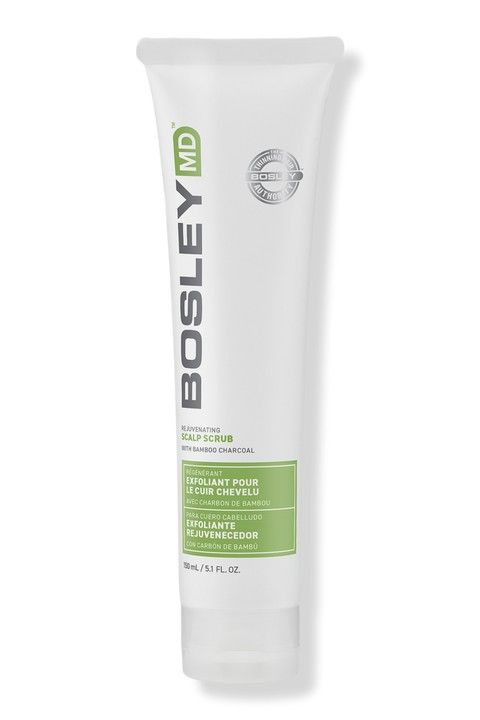
Dr. Friese loves this product, commenting that its activated charcoal works to "absorb excess oils" and its "dissolving sugar crystals eliminate dead skin cells." All in all, she says, it's "a great way to refresh the scalp."
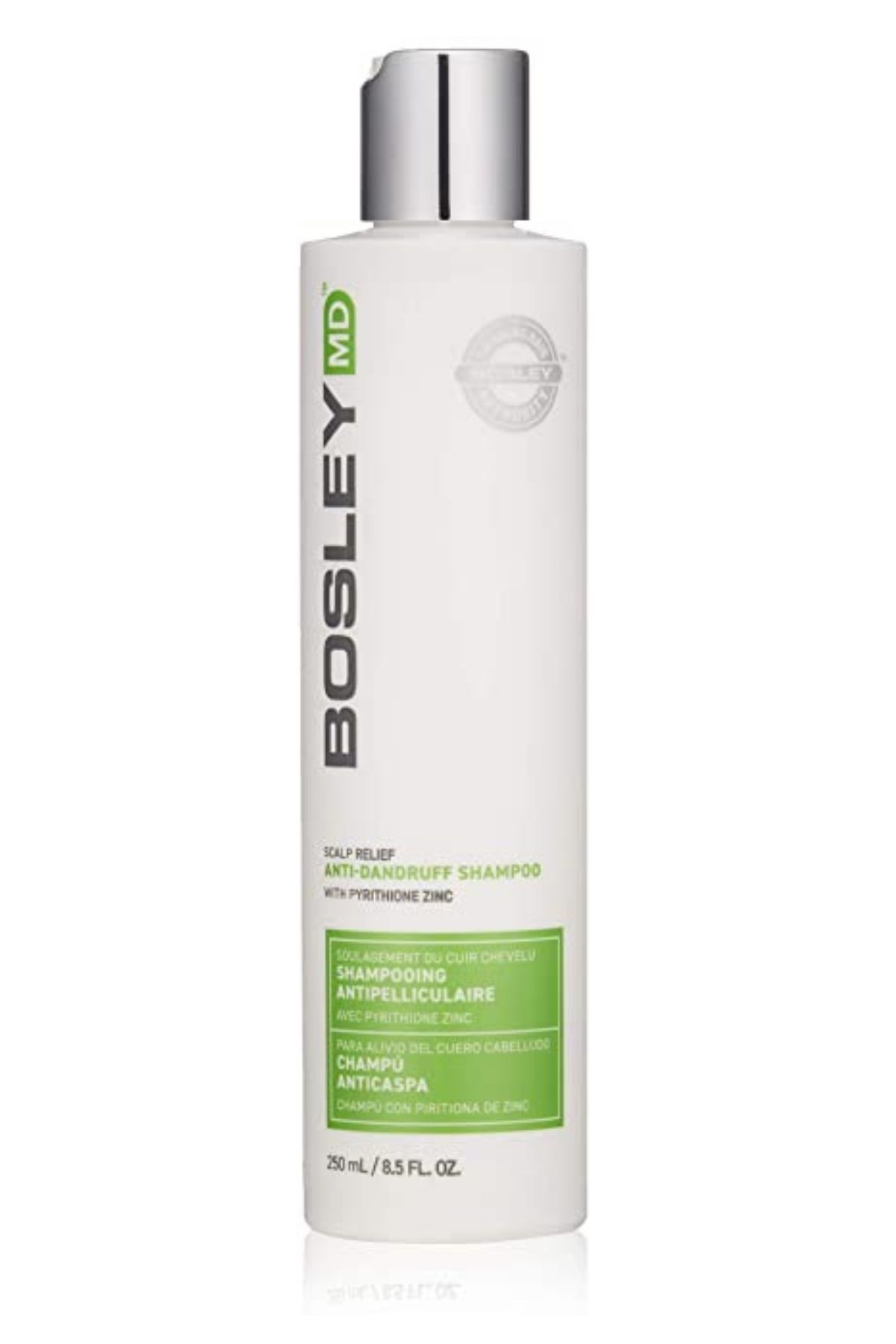
Dr. Friese says that this product "is great for those who suffer from dandruff and want to cleanse the scalp of excess oils and flakes."
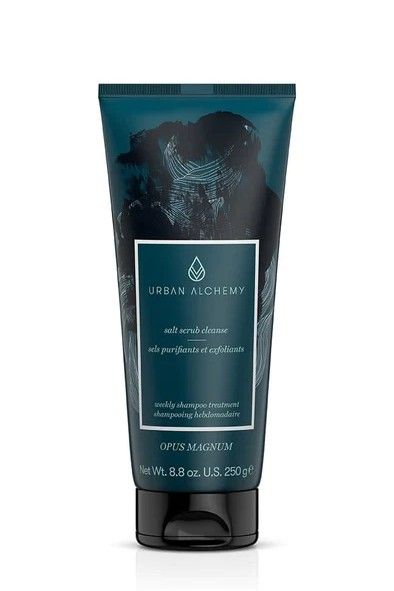
"My top choice for a clarifying shampoo is Urban Alchemy Salt Scrub Cleansing Shampoo," says Cynthia Alvarez. "It has sea salt exfoliator which deep cleanses the scalp as well as the hair. It nourishes your hair while preparing it to receive the full benefits of a deep conditioning treatment and/or conditioner. A huge plus it's gentle yet effective and promotes hair growth!"
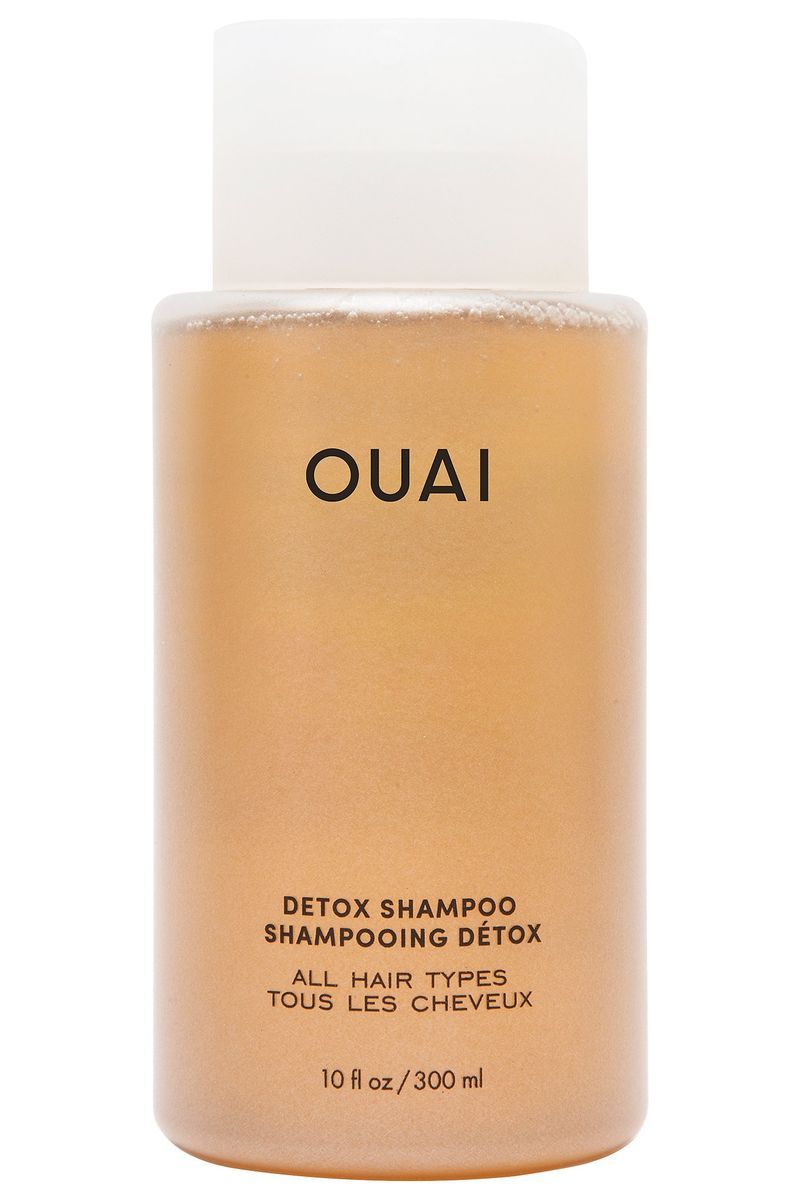
Jen Atkin, queen of dry shampoos and style-maintenance products, knows the importance of cleansing the hair of build-up, and this product proves it. Several reviewers comment on how helpful this formula is with combatting bleach damage and highlight-destroying buildup, while another calls this shampoo "the perfect 'reset' when you use product throughout the week."
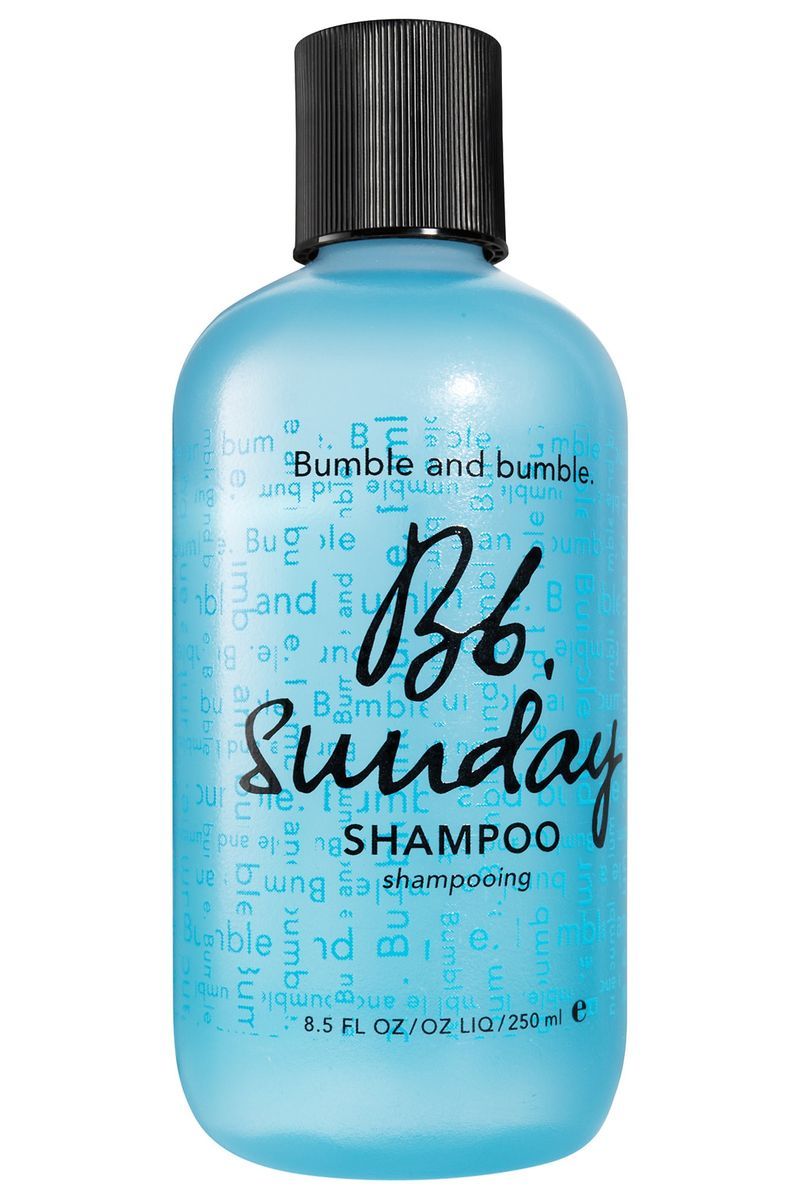
Bumble and Bumble's shampoos and conditioners have long been cult favorites, and with good reason. One review calls this "a really cleansing formula that immediately gets rid of any dirt, oils, and build up." They then write that it "feels so luxurious and keeps my roots voluminous."
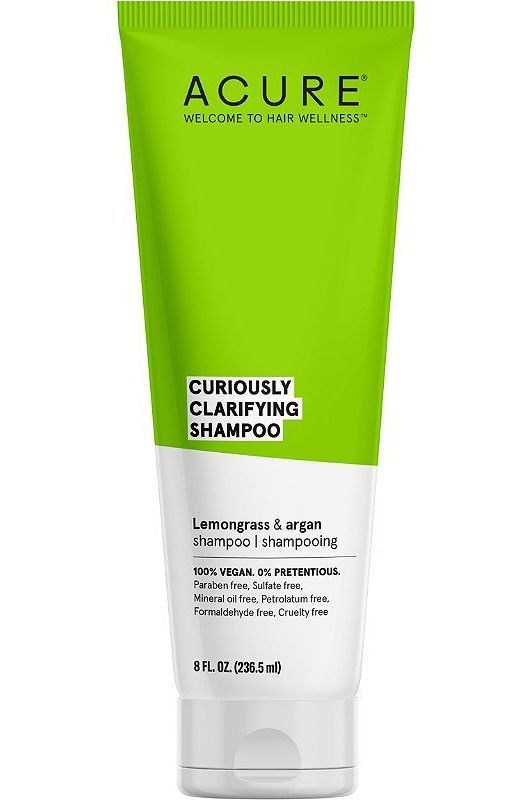
This gentle shampoo is infused with lemongrass and argan oil, allowing hair to maintain its protection while still effectively cleansing the scalp. Several reviews note that this was more effective in removing product build-up than other comparable clarifying shampoos, and one person wrote that it gave them volume that "lasted for days."
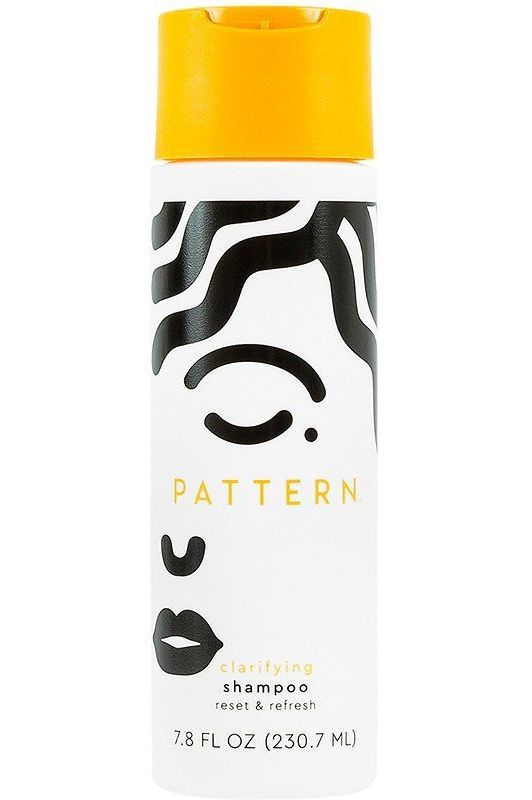
Tracee Ellis Ross' brand, Pattern, curated this shampoo specifically for low-porosity, hydration-craving hair so that it can deep-clean without removing essential nutrients. Several reviews say that the formula doesn't smell too strongly, and that it leaves hair feeling soft and moisturized even as it deeply cleanses.
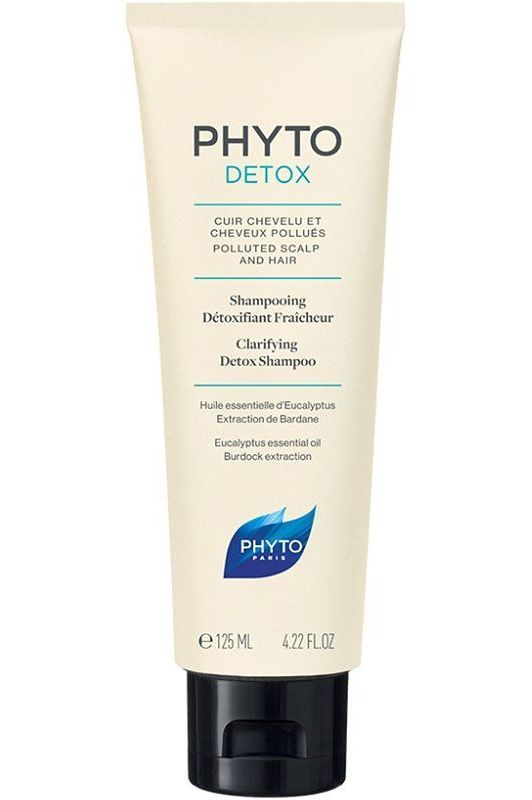
In this formula, eucalyptus oil and burdock extract work together to rid the hair and scalp of excess oil and pollution that could cause irritation and limp hair. In line with Dr. Friese's expertise, verified customers warn that this shampoo is too drying for everyday use, but it's fantastic for once-weekly or as-needed deep cleanses.
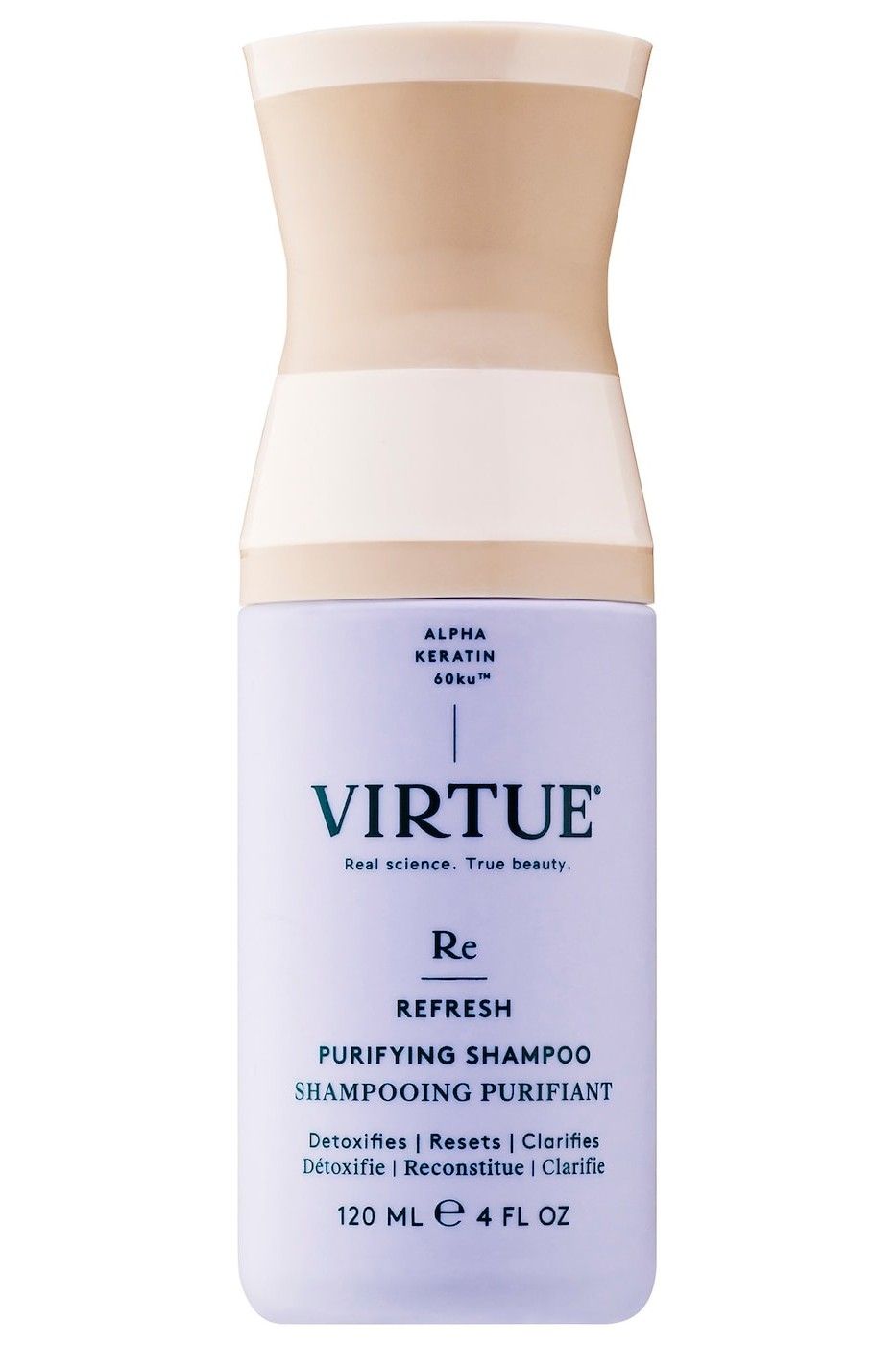
Opt for this clarifying shampoo by Virtue if you're seeking extra smoothness. The winning ingredient? Alpha Keratin 60ku—a healing protein that's identical to the keratin that makes up 90-percent of our hair—that restores damaged strands with every use. One promising review reads, "My hair didn’t feel dried out or straw-like, like with most purifying shampoos."
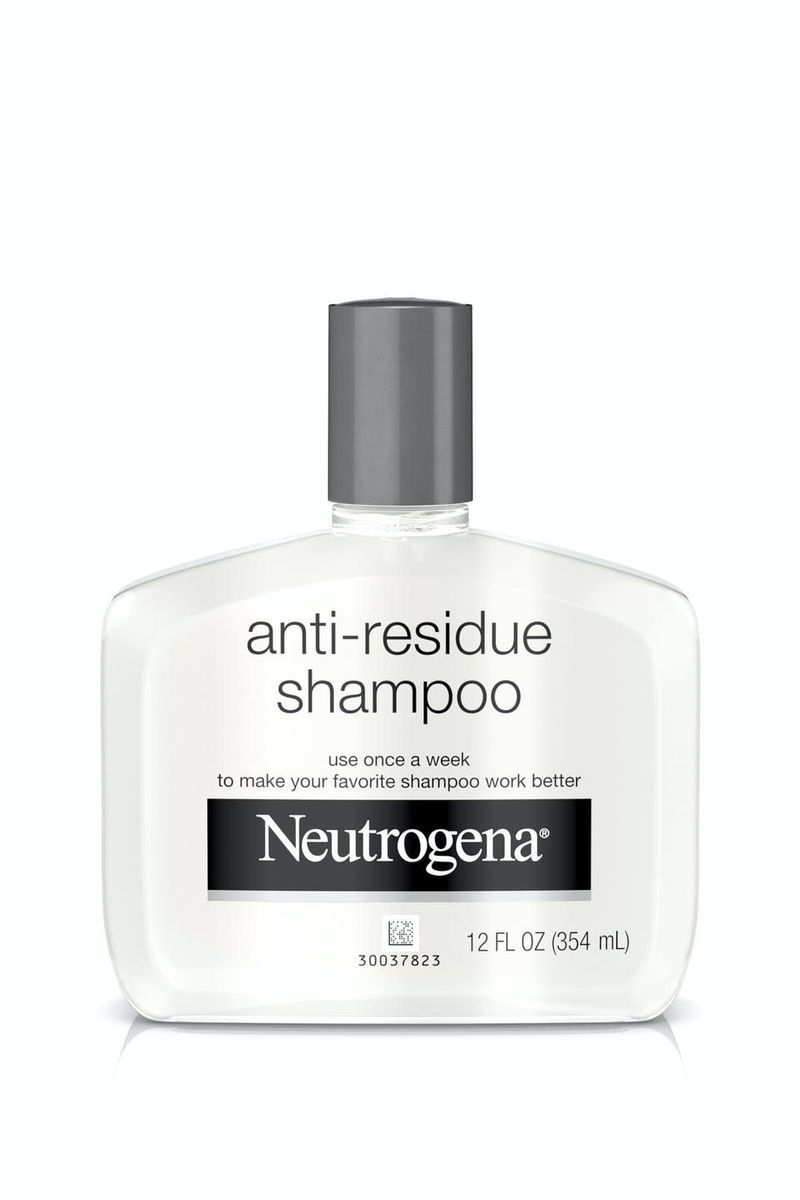
I personally swear by Neutrogena and just about everything it makes, but I'm not alone: Reviewers with all hair types—from fine to thick, curly to straight—write that this product saved them from dandruff, limp locks, and build-up.
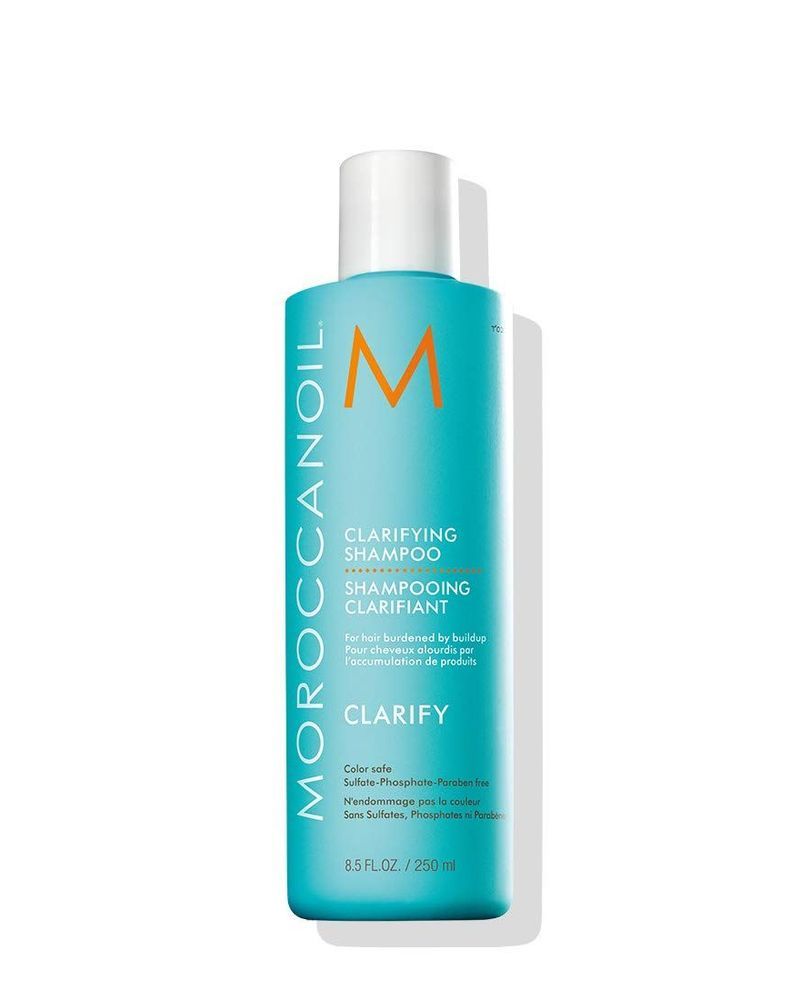
Another brand I love! Not only does this product smell incredible, but reviewers also write that it's a life-saver for those who have hard water (which can be harsh on hair) running through their faucets.
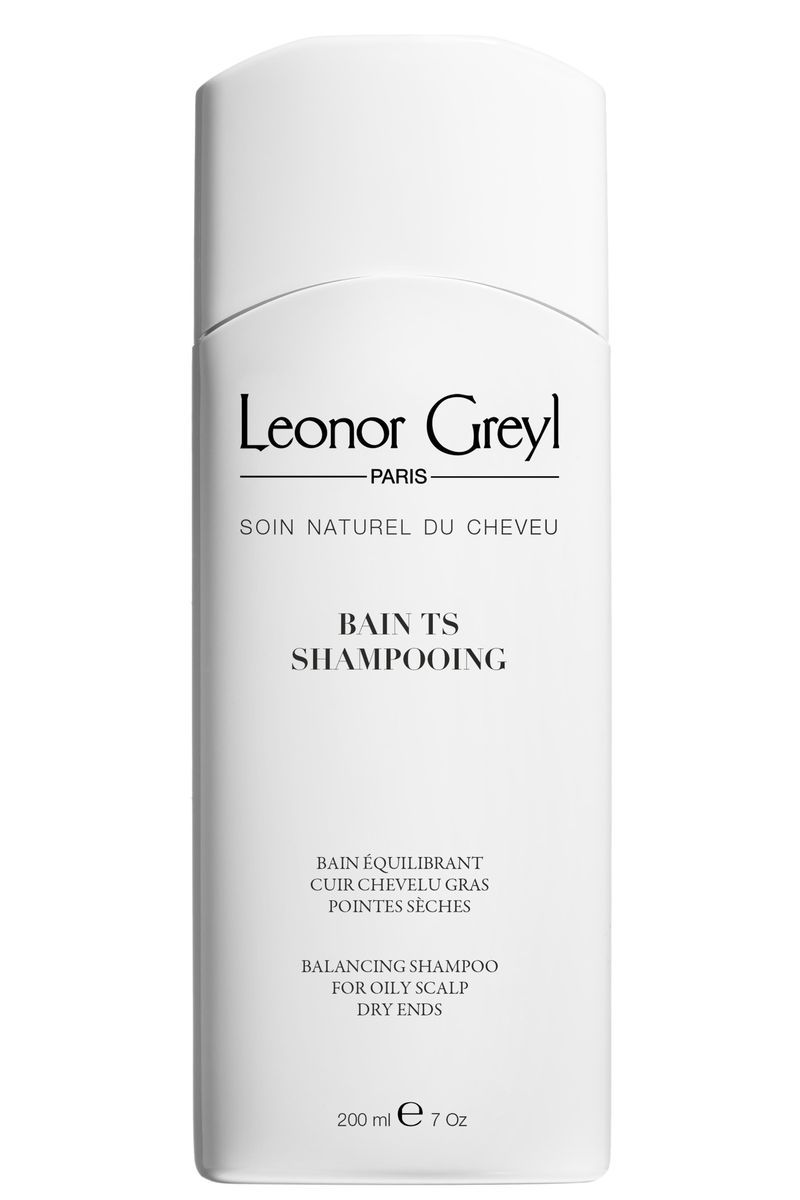
Just because you're going to town on your scalp doesn't mean your ends should suffer. This product is a cult favorite in France for both its delightful lemon-cream scent and its effectiveness. One reviewer writes that it "easily" cleanses her greasy hair and scalp.
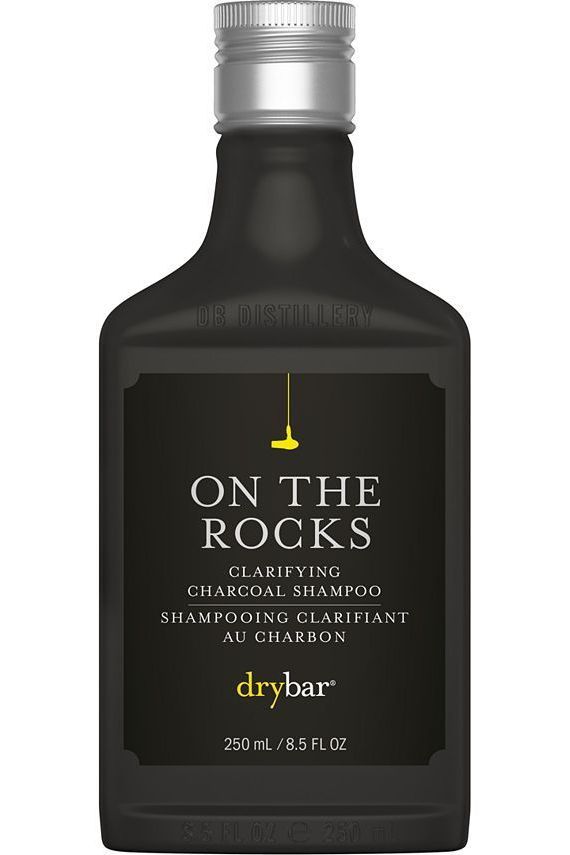
If you love the lightweight feeling your hair has after a blowout at Drybar, you'll adore this charcoal-infused shampoo. Customer after customer write that this product cleanses their strands from root to tip so you can recreate that just-left-the-salon feeling from the comfort of your home.
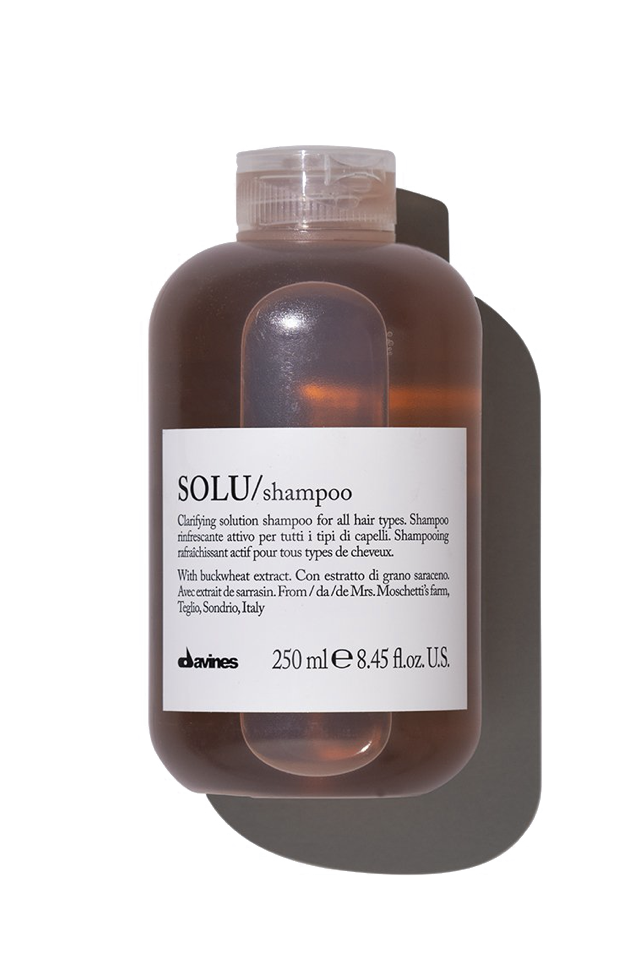
Reviewers say that this product if particularly helpful for those dealing with hard water as well as those who use dry shampoo often. One review that stands out is an African American woman who says that this shampoo heals her "over-processed" hair without damaging her extensions or drying out her delicate curls.
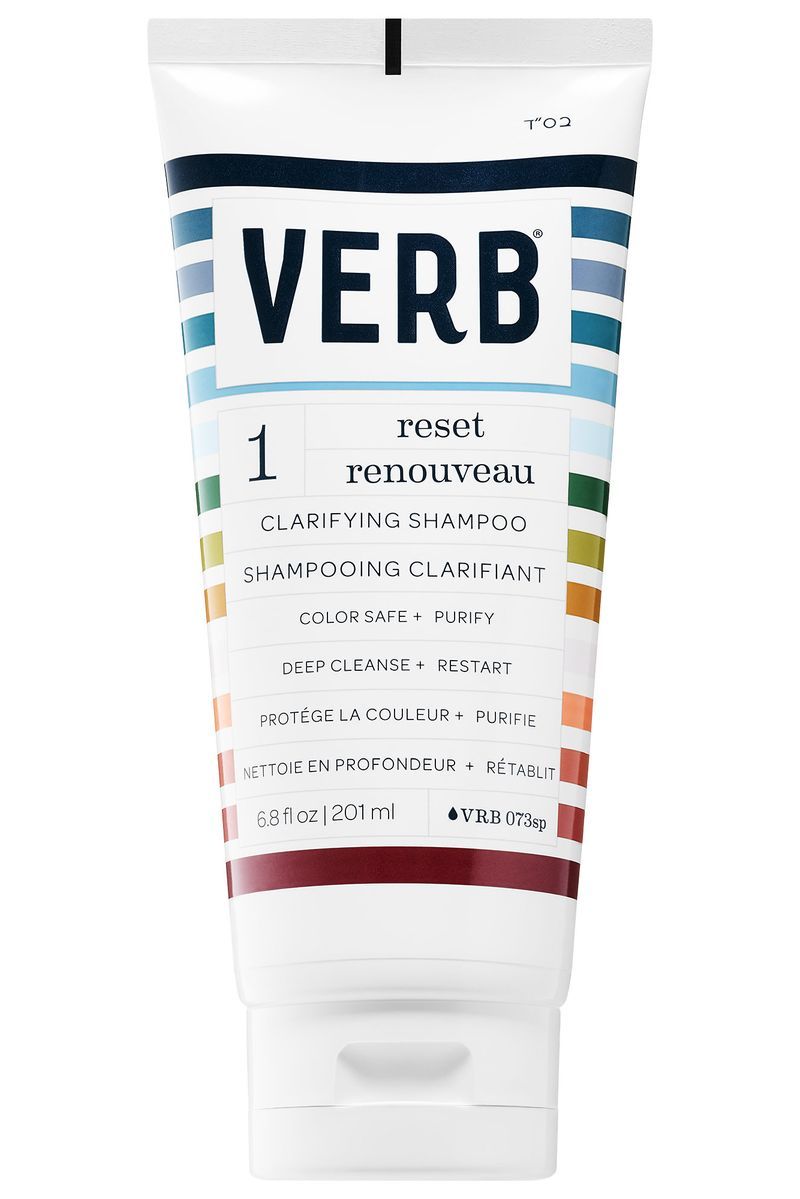
If your scalp feels itchy from product build-up, this shampoo not only removes the build-up but also soothes the scalp with aloe vera. Reviewers warn, however, that, like all clarifying shampoo, this isn't meant for everyday use. One customer raves that the product is perfect for their curly hair but notes that "a little goes a long way."
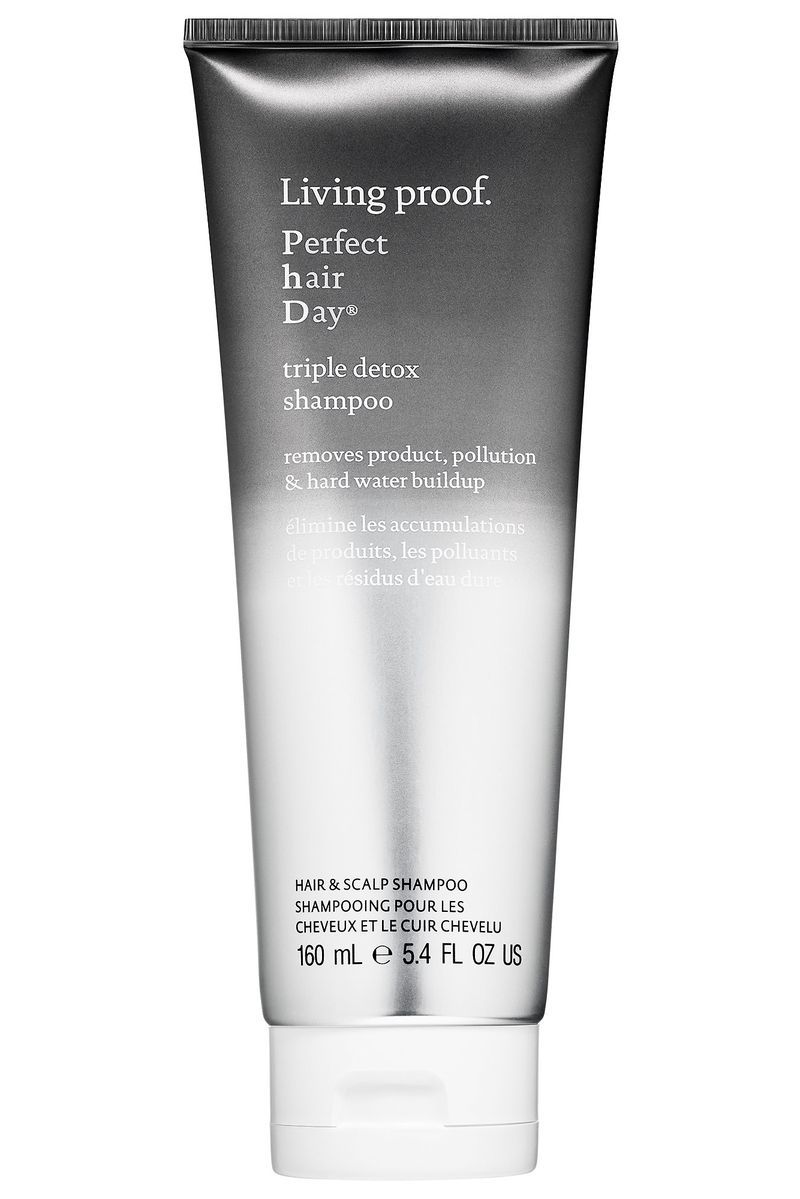
This shampoo targets build-up from these three leading causes: products, pollution, and hard water. As a result, it has a near-perfect rating on Sephora's site, with one review calling it "holy grail of detox shampoos."

Gabrielle Ulubay is an E-Commerce Writer at Marie Claire and writes about all things fashion and beauty. She's also written about politics, gender, and sex for publications like Bustle, HuffPost Personal, and The New York Times. As a film school graduate, she loves all things media and can be found making art when she's not busy writing.
-
 How This Royal Lived Incognito for 13 Years
How This Royal Lived Incognito for 13 YearsThis is kinda crazy.
By Iris Goldsztajn
-
 Prince Harry May Well Come Back to the U.K. "In a New Role" When Charles Is King, His Former Protection Officer Says
Prince Harry May Well Come Back to the U.K. "In a New Role" When Charles Is King, His Former Protection Officer SaysCould you see this happening?
By Iris Goldsztajn
-
 Princess Anne Has a Pretty Unusual Food Preference, According to a Former Royal Footman
Princess Anne Has a Pretty Unusual Food Preference, According to a Former Royal FootmanSome might even call it...bananas.
By Iris Goldsztajn
-
 The 10 Best At-Home Gel Nail Kits of 2022
The 10 Best At-Home Gel Nail Kits of 2022Plus, expert tips for getting a salon-worthy set.
By Samantha Holender
-
 How to Minimize Your Pores, According to Dermatologists
How to Minimize Your Pores, According to DermatologistsSay goodbye to the gunk.
By Samantha Holender
-
 The 17 Best Sea Salt Sprays for Beach Waves
The 17 Best Sea Salt Sprays for Beach WavesPerfect vacation hair with these fake-it-'til-you-make-it products.
By Gabrielle Ulubay
-
 The 13 Best Acne Patches to Banish Pimples Fast
The 13 Best Acne Patches to Banish Pimples FastPop ‘em on any time of day.
By Samantha Holender
-
 Broken Capillaries on Your Face: The Expert Guide
Broken Capillaries on Your Face: The Expert GuideWhat to do about those pesky broken blood vessels on your face.
By Samantha Holender
-
 The 8 Best Bikini Trimmers in 2022
The 8 Best Bikini Trimmers in 2022Smooth sailing into swimsuit season.
By Julia Marzovilla
-
 How to Tint Your Eyebrows At Home
How to Tint Your Eyebrows At HomePractice makes perfect, people.
By Samantha Holender
-
 The 12 Best Razors for Women in 2022
The 12 Best Razors for Women in 2022No more razor bumps, that's for sure.
By Julia Marzovilla

